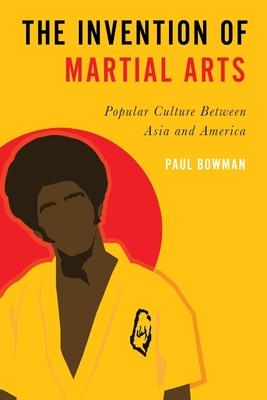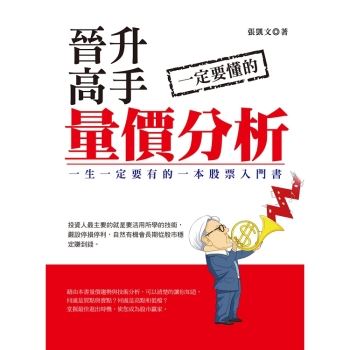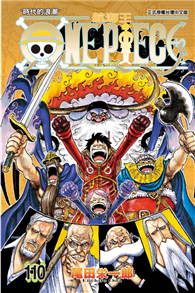Through popular movies starring Bruce Lee and songs like the disco hit "Kung Fu Fighting," martial arts have found a central place in the Western cultural imagination. But what would ’martial arts’ be without the explosion of media texts and images that brought it to a wide audience in the late 1960s and early 1970s? In this examination of the media history of what we now call martial arts, author Paul Bowman makes the bold case that the phenomenon of martial arts is chiefly an invention of media representations. Rather than passively taking up a preexisting history of martial arts practices--some of which, of course, predated the martial arts boom in popular culture--media images and narratives actively constructed martial arts.
Grounded in a historical survey of the British media history of martial arts such as Bartitsu, jujutsu, judo, karate, tai chi, and MMA across a range of media, this book thoroughly recasts our understanding of the history of martial arts. By interweaving theories of key thinkers on historiography, such as Foucault and Hobsbawm, and Said’s ideas on Orientalism with analyses of both mainstream and marginal media texts, Bowman arrives at the surprising insight that media representations created martial arts rather than the other way around. In this way, he not only deepens our understanding of martial arts but also demonstrates the productive power of media discourses.| FindBook |
有 1 項符合
The Invention of Martial Arts的圖書 |
 |
The Invention of Martial Arts 作者:Bowman 出版社:Oxford University Press, USA 出版日期:2020-12-31 語言:英文 規格:平裝 / 280頁 / 普通級/ 初版 |
| 圖書館借閱 |
| 國家圖書館 | 全國圖書書目資訊網 | 國立公共資訊圖書館 | 電子書服務平台 | MetaCat 跨館整合查詢 |
| 臺北市立圖書館 | 新北市立圖書館 | 基隆市公共圖書館 | 桃園市立圖書館 | 新竹縣公共圖書館 |
| 苗栗縣立圖書館 | 臺中市立圖書館 | 彰化縣公共圖書館 | 南投縣文化局 | 雲林縣公共圖書館 |
| 嘉義縣圖書館 | 臺南市立圖書館 | 高雄市立圖書館 | 屏東縣公共圖書館 | 宜蘭縣公共圖書館 |
| 花蓮縣文化局 | 臺東縣文化處 |
|
|
圖書介紹 - 資料來源:博客來 評分:
圖書名稱:The Invention of Martial Arts
Modern Women and Sports in Interwar Chicago: 1918-1941
Toxic
We Play On: Shakhtar Donetsk’s Fight for Ukraine, Football and Freedom: Shakhtar Donetsk’s Fight for Ukraine, Football and Freedom
Bellowing Roses in the Turmoil Cavern
Smashed: Tennis prodigies, parents and parasites
Body Factory: Exploiting University Athletes’ Healthcare for Profit in the Training Room
From Platberg to Kilimanjaro: via Mount Stanley, Mount Kenya, and Mont-aux-Sources...
Me, My bicycle and I: Part Two: Through Middle East and India
Me, My bicycle and I: Part Two: Through Middle East and India
I Have the Streets: A Kutti Cricket Story
Toxic
We Play On: Shakhtar Donetsk’s Fight for Ukraine, Football and Freedom: Shakhtar Donetsk’s Fight for Ukraine, Football and Freedom
Bellowing Roses in the Turmoil Cavern
Smashed: Tennis prodigies, parents and parasites
Body Factory: Exploiting University Athletes’ Healthcare for Profit in the Training Room
From Platberg to Kilimanjaro: via Mount Stanley, Mount Kenya, and Mont-aux-Sources...
Me, My bicycle and I: Part Two: Through Middle East and India
Me, My bicycle and I: Part Two: Through Middle East and India
I Have the Streets: A Kutti Cricket Story
|




![塔木德:猶太人的致富聖經[修訂版]:1000多年來帶領猶太人快速累積財富的神祕經典 塔木德:猶太人的致富聖經[修訂版]:1000多年來帶領猶太人快速累積財富的神祕經典](https://media.taaze.tw/showLargeImage.html?sc=11100697818)






